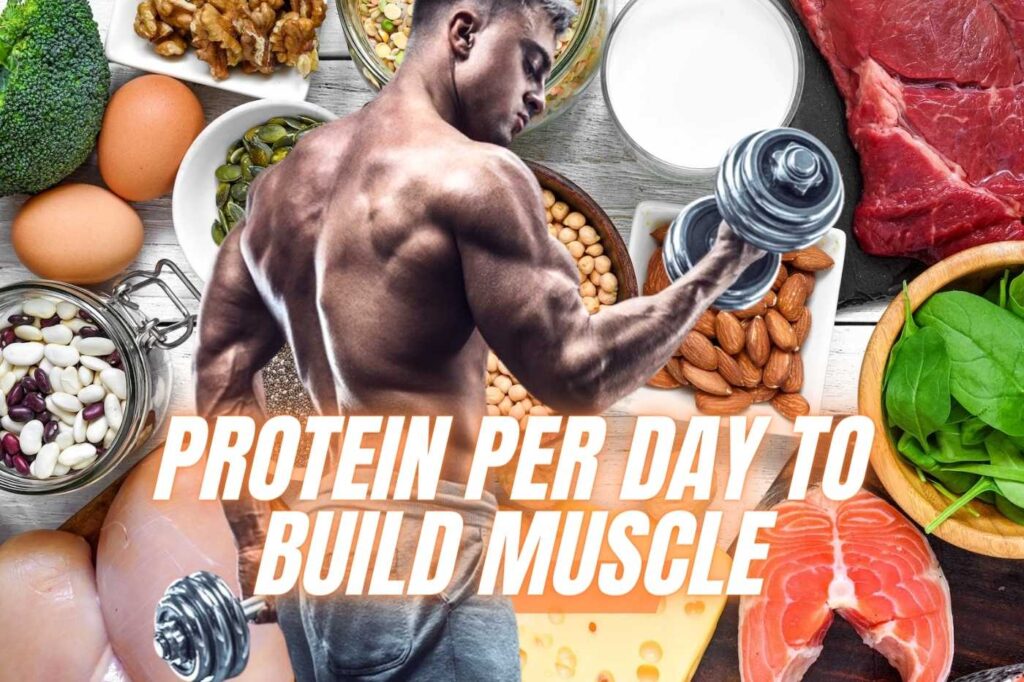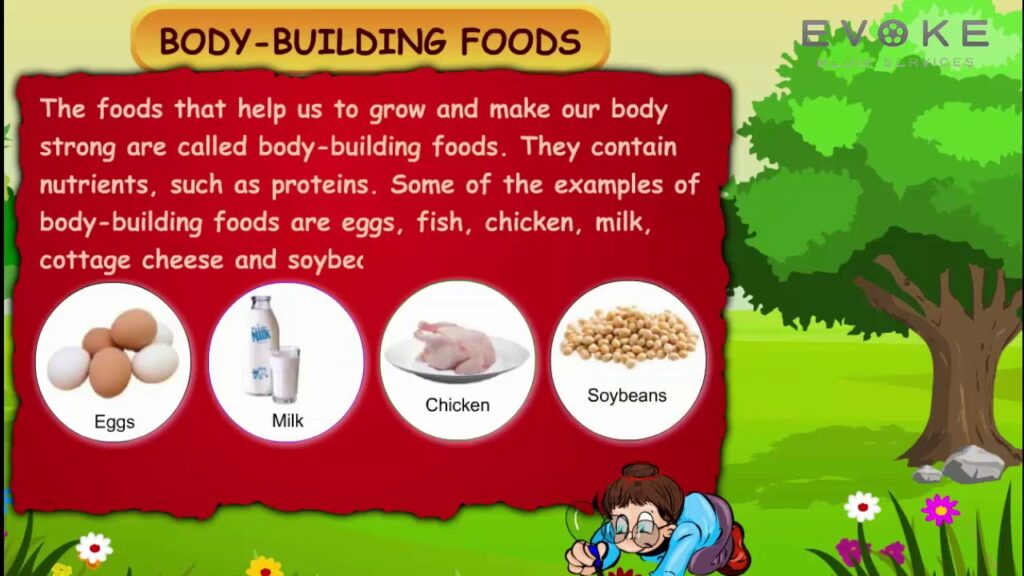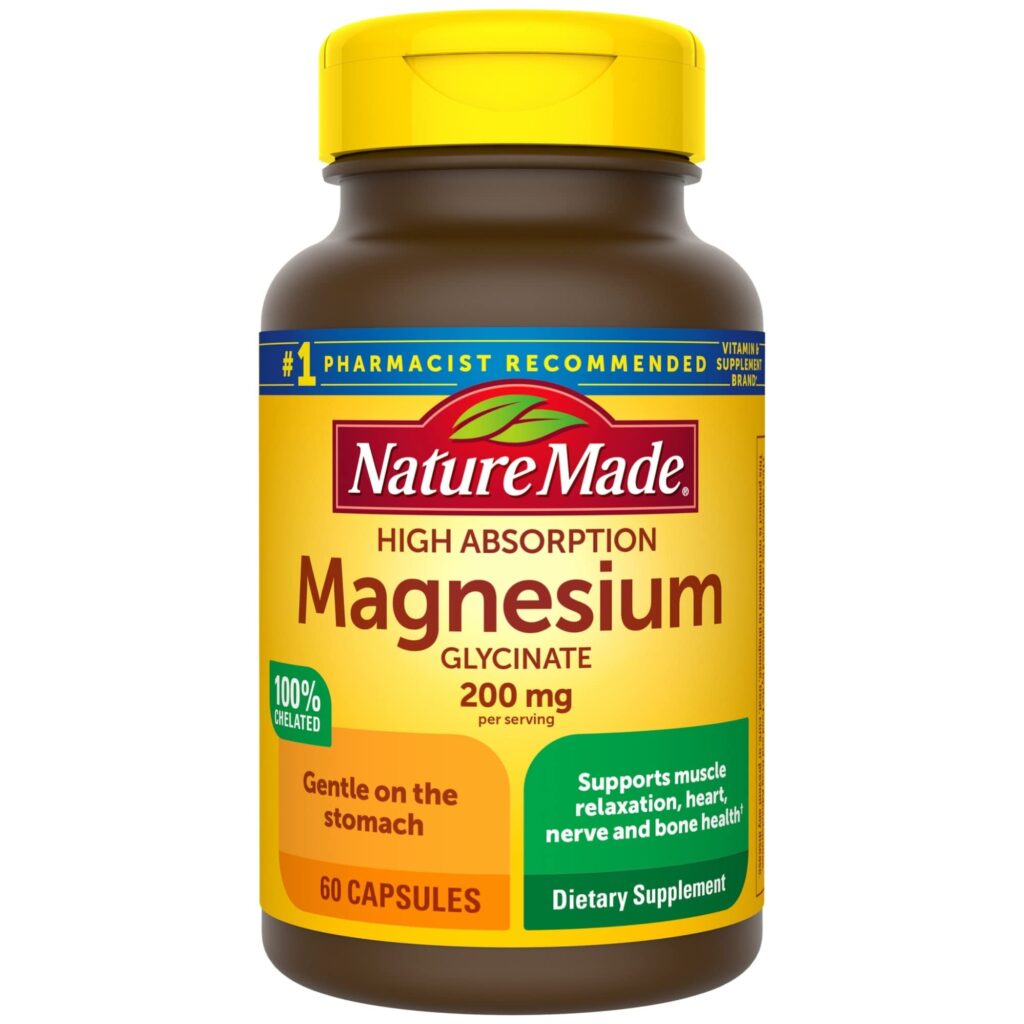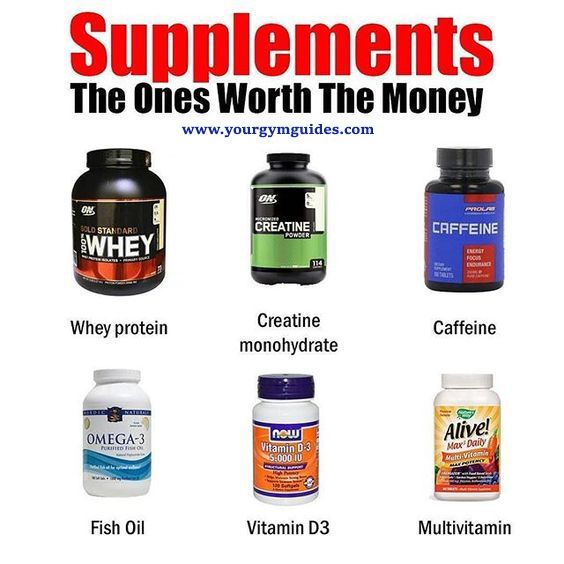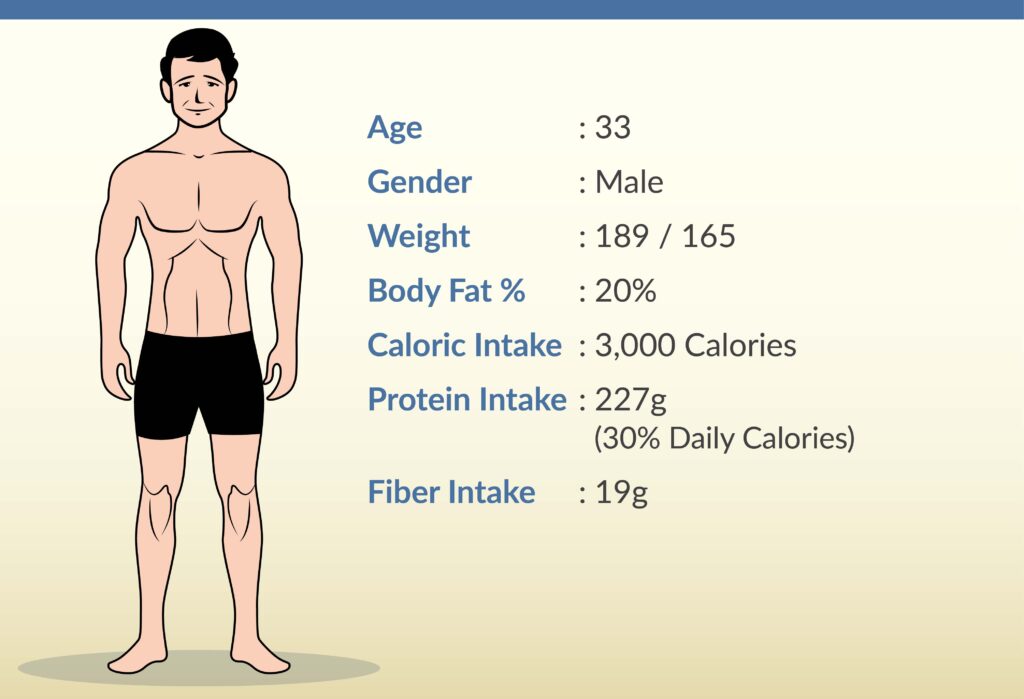If you’ve been thinking about building muscle, you’ve probably heard that protein is crucial. But how much protein do you really need every day to see results? This blog post aims to demystify the topic of protein consumption for muscle building. We’ll cover everything from understanding your protein needs to debunking common myths. By the end of this guide, you’ll know exactly how to optimize your protein intake for muscle growth.
The Importance of Protein in Muscle Building and Overall Health
Protein is often called the building block of life—and for good reason. Every cell in your body contains protein, which is essential for repairing and building tissues, including muscles. For fitness enthusiasts and bodybuilders, protein is a key nutrient that supports muscle recovery and growth after intense workouts. But it’s not just about muscles; protein also plays a vital role in overall health, including immune function and hormone production.
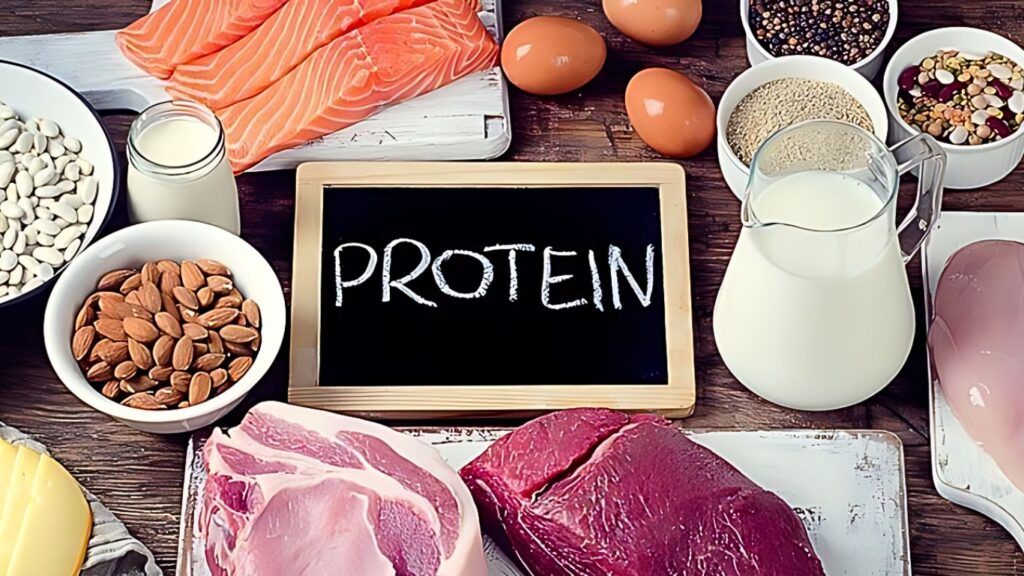
When you engage in strength training or other muscle-building activities, small tears occur in your muscle fibers. Protein helps repair these tears, leading to muscle growth. Therefore, getting enough protein is essential if you’re serious about gaining muscle mass. Additionally, a high-protein diet can help you feel fuller for longer, aiding in weight management.
But how much protein is enough? The answer isn’t one-size-fits-all. It varies based on several factors, which we’ll discuss in the next section.
Understanding Protein Needs
Factors Influencing Protein Requirements
Your protein needs depend on a variety of factors, including your weight, activity level, and fitness goals. For instance, someone who’s 150 pounds will have different protein requirements than someone who’s 200 pounds. Similarly, your protein needs will be higher if you’re engaged in intense physical activities compared to a sedentary lifestyle.
Calculating Your Protein Intake
A general guideline is to consume 0.8 grams of protein per kilogram of body weight for the average person. However, for those looking to build muscle, this number can go up to 1.2 to 2.2 grams per kilogram. For example, if you weigh 70 kilograms (about 154 pounds), your daily protein intake should be between 84 to 154 grams.
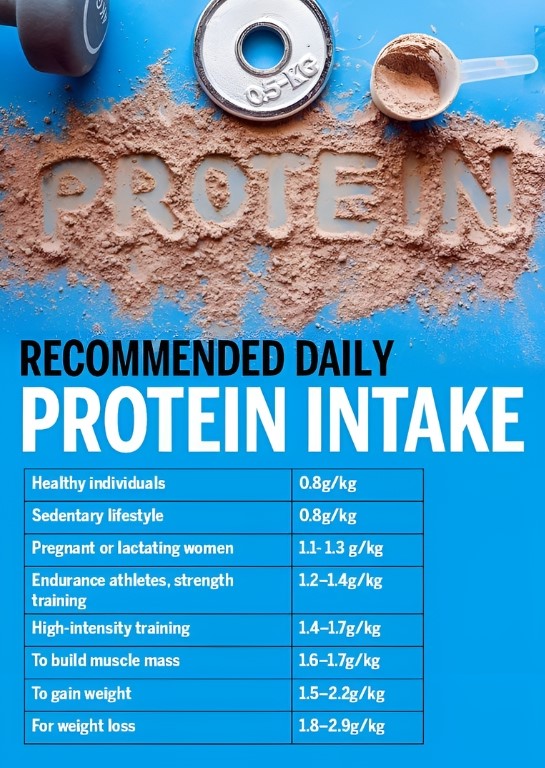
Adjusting for Specific Goals
If your goal is muscle hypertrophy (growth), aim for the higher end of the spectrum. On the other hand, if you’re focusing on maintaining your current muscle mass while losing fat, a moderate protein intake will suffice. Always consult with a nutritionist or fitness expert to tailor your protein needs to your specific goals.
Sources of High-Quality Protein
Animal-Based Proteins
Animal-based proteins are considered complete proteins, meaning they contain all nine essential amino acids your body can’t produce on its own. Some excellent sources include:
- Chicken Breast: High in protein and low in fat, making it a staple for many bodybuilders.
- Lean Beef: Offers a good amount of protein along with essential nutrients like iron and zinc.
- Eggs: Versatile and packed with high-quality protein and other vital nutrients.
Plant-Based Proteins
For those who prefer plant-based diets, there are plenty of options as well. While most plant proteins are incomplete, combining different sources can provide all essential amino acids. Some great choices are:
- Quinoa: A complete protein that’s also rich in fiber and minerals.
- Lentils: High in protein and perfect for soups and salads.
- Chickpeas: Versatile and can be used in various dishes, from hummus to stews.
Protein Supplements
While whole foods should be your primary source of protein, supplements can be convenient. Popular options include whey protein, casein, and plant-based protein powders like pea and hemp. These can be particularly useful post-workout when your body needs protein quickly.
Meal Planning
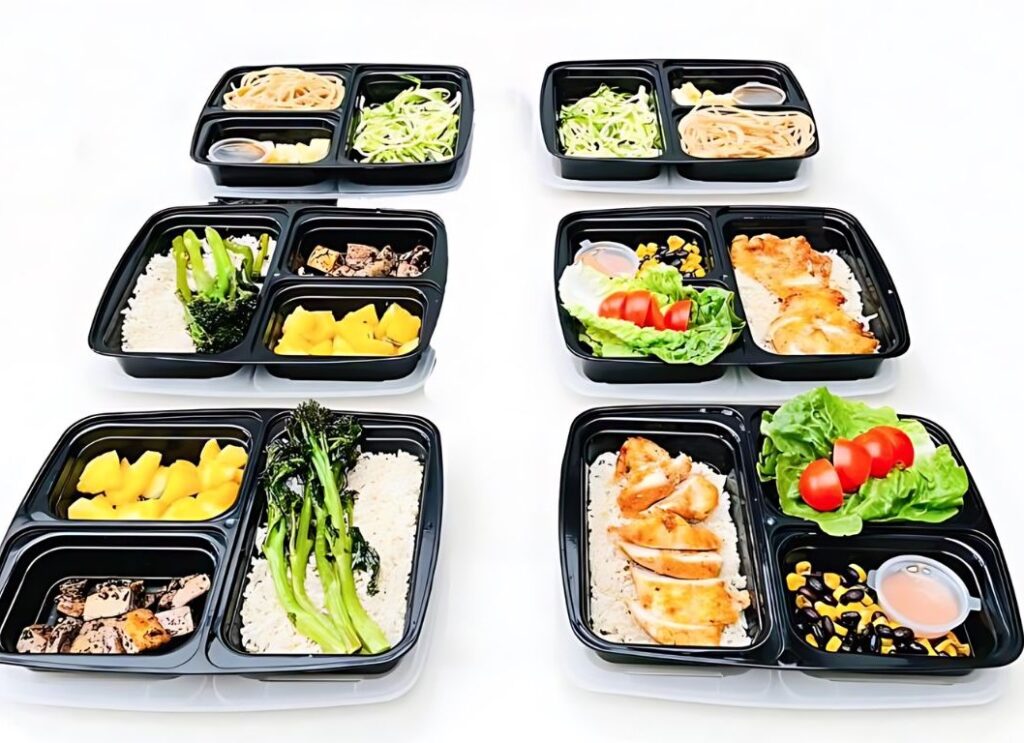
Breakfast
Starting your day with a protein-packed breakfast sets the tone for the rest of the day. Consider options like scrambled eggs with spinach, Greek yogurt with berries, or a protein smoothie with bananas and protein powder.
Lunch
For lunch, aim for a balanced meal that includes lean protein, complex carbohydrates, and healthy fats. Grilled chicken salad, quinoa bowls with lentils, or turkey wraps are excellent choices.
Dinner
Your dinner should be a well-rounded meal that helps repair your muscles overnight. Think along the lines of baked salmon with sweet potatoes, tofu stir-fry with brown rice, or lean beef tacos with whole-wheat tortillas.
Snacks
Don’t forget about snacks! Keep them protein-rich to maintain your muscle-building momentum. Options include cottage cheese, mixed nuts, or protein bars.
The Role of Timing
Pre-Workout
Consuming protein before a workout can provide your muscles with the amino acids they need to perform efficiently. A small meal or snack containing protein and carbohydrates about 30 minutes to an hour before exercising is ideal.
Post-Workout
Post-workout is often considered the most critical time for protein intake. Aim to consume protein within 30 minutes to an hour after your workout to maximize muscle recovery and growth. A protein shake, chicken breast, or a tuna sandwich are great post-workout options.
Throughout the Day
Spreading your protein intake throughout the day ensures a steady supply of amino acids to your muscles. Aim for 20-30 grams of protein per meal, including snacks, to keep your muscles nourished.
Myths and Facts
Myth 1: More Protein Equals More Muscle
Many people believe that consuming excessive amounts of protein will lead to more muscle growth. However, the body can only utilize a certain amount of protein at a time, and any excess is either excreted or stored as fat.
Myth 2: Plant Proteins Are Inferior
While it’s true that most plant proteins are incomplete, combining different sources can provide all essential amino acids. Plant-based diets can be just as effective for muscle building when planned correctly.
Myth 3: Protein Timing Doesn’t Matter
Some believe that as long as you get your daily protein, timing doesn’t matter. However, consuming protein at strategic times, like post-workout, can significantly enhance muscle recovery and growth.
FAQ’s
Why is protein important for muscle building?
Protein is essential for muscle building because it provides the amino acids necessary for repairing and building muscle tissues after exercise. It helps stimulate muscle protein synthesis, which is crucial for muscle growth and recovery.
How much protein should I consume daily to build muscle?
The general recommendation for building muscle is to consume 1.2 to 2.2 grams of protein per kilogram of body weight per day. This range varies based on factors like your activity level, age, and overall health.
Is there a difference in protein requirements for men and women?
While the basic principles of protein intake apply to both men and women, women generally require slightly less protein due to lower muscle mass. However, the 1.2 to 2.2 grams per kilogram recommendation applies to both, adjusted for individual body weight and activity levels.
When is the best time to consume protein for muscle growth?
The best times to consume protein are before and after workouts. Consuming protein within 30 minutes to two hours post-exercise helps maximize muscle protein synthesis. Additionally, spreading protein intake evenly throughout the day supports continuous muscle repair and growth.
What are some high-protein foods that can help build muscle?
Answer: High-protein foods include lean meats (chicken, turkey, beef), fish, eggs, dairy products (milk, cheese, yogurt), legumes (beans, lentils), tofu, and protein supplements like whey or plant-based protein powders.
Can I get enough protein from a vegetarian or vegan diet?
Yes, you can get enough protein from a vegetarian or vegan diet by consuming a variety of plant-based protein sources such as beans, lentils, tofu, tempeh, quinoa, nuts, seeds, and plant-based protein powders. Combining different protein sources ensures you get all essential amino acids.
Is it possible to consume too much protein?
Yes, consuming too much protein can lead to potential health issues such as kidney strain, dehydration, and nutrient imbalances. It’s important to balance protein intake with carbohydrates and fats and to stay within the recommended range for your body weight and activity level.
How do protein supplements compare to whole food sources?
Answer: Protein supplements can be convenient and effective for meeting your protein needs, especially post-workout. However, whole food sources provide additional nutrients like vitamins, minerals, and fiber, making them a valuable part of a balanced diet.
How can I calculate my daily protein needs for muscle building?
To calculate your daily protein needs, multiply your body weight in kilograms by 1.2 to 2.2, depending on your activity level and goals. For example, a 70 kg individual would need between 84 and 154 grams of protein per day.
What role do other nutrients play in muscle building?
Alongside protein, carbohydrates provide energy for workouts and recovery, while fats support hormone production and overall health. Micronutrients like vitamins and minerals also play vital roles in muscle function, recovery, and overall health.
Can I build muscle without protein supplements?
Yes, you can build muscle without protein supplements by consuming a well-balanced diet rich in high-protein foods. Supplements are convenient but not necessary if you can meet your protein needs through whole foods.
How should protein intake be adjusted for weight loss while building muscle?
For weight loss, maintain a higher protein intake to preserve muscle mass while in a calorie deficit. Aim for the upper end of the protein range (1.8 to 2.2 grams per kilogram) to support muscle retention and satiety.
How does age affect protein requirements for muscle building?
As you age, your body’s ability to synthesize protein decreases, and you may require more protein to maintain and build muscle. Older adults should aim for the higher end of the protein intake range to support muscle health.
What are the signs of not getting enough protein?
Signs of inadequate protein intake include muscle loss, fatigue, poor recovery from exercise, weakened immune function, and hair, skin, and nail problems. Ensure you’re meeting your protein needs to support overall health and muscle growth.
How does hydration affect muscle building and protein metabolism?
Adequate hydration is essential for muscle function, protein metabolism, and overall health. Water helps transport nutrients, including amino acids, to muscle cells and supports recovery and performance. Aim to drink plenty of water throughout the day, especially around workouts.
Conclusion
Protein is an essential nutrient that plays a crucial role in muscle building and overall health. Understanding your protein needs, incorporating high-quality protein sources, and timing your intake can make a significant difference in achieving your fitness goals.
Whether you’re a seasoned bodybuilder or a fitness enthusiast just starting, optimizing your protein intake is key to your success. If you’re ready to take your muscle-building efforts to the next level, start by evaluating your current protein consumption and making the necessary adjustments.
To further refine your approach, consider consulting a nutritionist or fitness expert who can provide personalized advice based on your individual needs and goals. Remember, the path to building muscle is a marathon, not a sprint—consistency and proper nutrition are your best allies.
Ready to get started on your muscle-building journey? Take the first step today and see the results for yourself.

